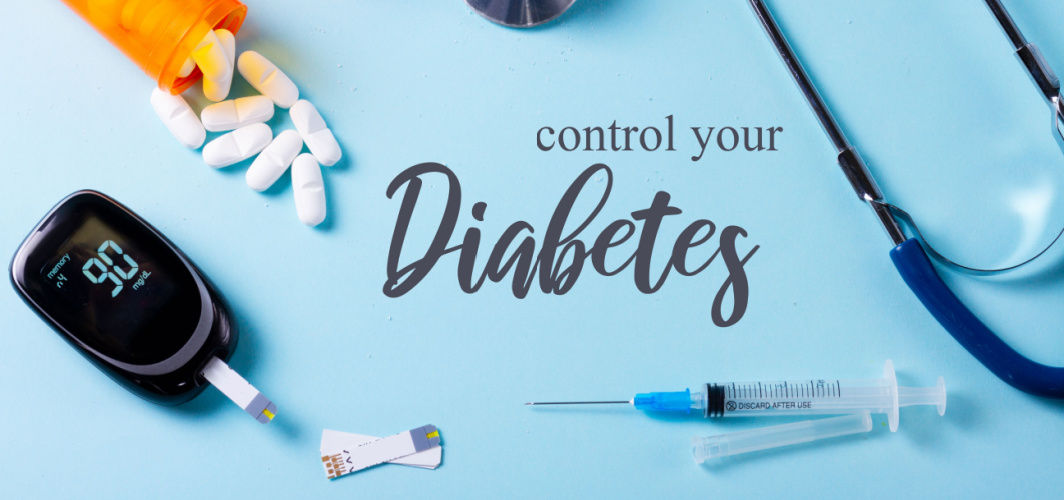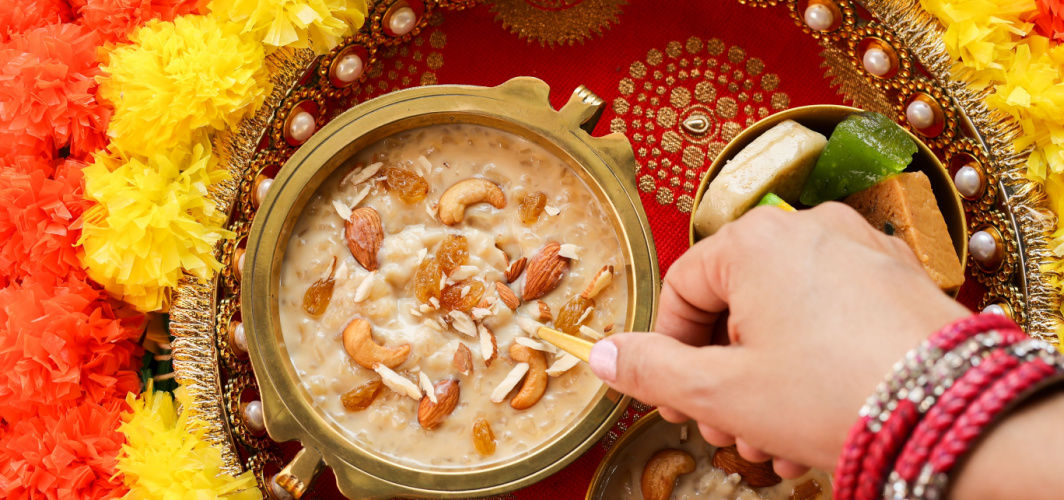Diabetes Management
Prediabetic's Path to Healthier Living: Quiting Alcohol and Smoking
1 min read
By Apollo 24|7, Published on - 22 April 2024, Updated on - 29 August 2024
Share this article
0
0 like
.jpg?tr=q-80)
Prediabetes is a grey area that precedes diabetes. It's a state where your blood sugar levels are higher than usual, but not high enough to qualify as diabetes. If you're in this phase, it's time to pay attention to your lifestyle choices, especially the role of alcohol and smoking.
Understanding the Impact of Alcohol
Alcohol plays a dual role when it comes to prediabetes. Excessive consumption can lead to chronic inflammation of the pancreas. This inflammation can impair insulin secretion — the hormone that regulates blood sugar levels — and increase prediabetes' progression to type 2 diabetes.
The Risks Associated with Smoking
Smoking is a significant risk factor for developing type 2 diabetes. Smokers have a 30% to 40% higher chance of developing this condition than non-smokers. The harmful chemicals found in cigarettes affect how our body uses insulin, leading to insulin resistance and eventually diabetes.
Quitting for Improved Health
If you have prediabetes, quitting smoking is not just an option — it's a necessity. Not only does smoking cessation improve blood sugar control, but also significantly reduces the risk of developing diabetes. Furthermore, moderating alcohol intake can lead to substantial health improvements, and eventually, trying to stop alcohol is the end goal.
Making the Change
Taking the first step towards quitting alcohol and smoking might seem overwhelming, but remember, every journey begins with a single step. Start by setting small, achievable goals and gradually progress towards healthier habits. You can regain control over your health with determination and the right support system.
Diabetes Management
Consult Top Diabetologists
View AllLeave Comment
Recommended for you

Diabetes Management
What Is Pre-diabetes? When Does It Progress Into Diabetes?
Pre-diabetes is a condition in which blood sugar levels are higher than normal but not yet in the diabetic range. It serves as a warning sign, indicating an increased risk of developing type 2 diabetes. Progression to diabetes typically occurs when pre-diabetes is not managed through lifestyle changes. This transition can vary from person to person, but individuals with pre-diabetes can often prevent or delay the onset of diabetes by maintaining a healthy weight, engaging in regular physical activity, and making dietary adjustments to improve blood sugar control.

Diabetes Management
5 Healthy Snacks for Diabetics During Navratri
Navratri has begun, and individuals with diabetes can easily relish the festive snacks with healthier adaptations. Baked gujiya with whole wheat and coconut-jaggery stuffing, healthy pakoras with vegetable swaps and olive oil, low-calorie thandai using sugar substitutes and nuts, Khandvi made from gram flour and yogurt, and kheer prepared with brown rice, jaggery, and plenty of dry fruits offer tasty options for diabetics. Enjoying the festival while managing blood glucose levels is possible with these diabetic-friendly delights.
.jpg?tr=q-80)
Diabetes Management
Natural Disaster Preparedness Tips for Diabetics
Managing diabetes during a natural disaster is a challenge, but with the right preparation, you can maintain control over your health. Establish a diabetes emergency kit, strategise effective medication storage, prepare for possible evacuation and stay informed about weather updates. The Apollo Super 6 programme prioritises personalisation and proactive management for efficient diabetes control in every scenario. Prepare for the unexpected today.
Subscribe
Sign up for our free Health Library Daily Newsletter
Get doctor-approved health tips, news, and more.
Visual Stories

8 Fruits That are Incredibly Healthy for Diabetes
Tap to continue exploring
Recommended for you

Diabetes Management
What Is Pre-diabetes? When Does It Progress Into Diabetes?
Pre-diabetes is a condition in which blood sugar levels are higher than normal but not yet in the diabetic range. It serves as a warning sign, indicating an increased risk of developing type 2 diabetes. Progression to diabetes typically occurs when pre-diabetes is not managed through lifestyle changes. This transition can vary from person to person, but individuals with pre-diabetes can often prevent or delay the onset of diabetes by maintaining a healthy weight, engaging in regular physical activity, and making dietary adjustments to improve blood sugar control.

Diabetes Management
5 Healthy Snacks for Diabetics During Navratri
Navratri has begun, and individuals with diabetes can easily relish the festive snacks with healthier adaptations. Baked gujiya with whole wheat and coconut-jaggery stuffing, healthy pakoras with vegetable swaps and olive oil, low-calorie thandai using sugar substitutes and nuts, Khandvi made from gram flour and yogurt, and kheer prepared with brown rice, jaggery, and plenty of dry fruits offer tasty options for diabetics. Enjoying the festival while managing blood glucose levels is possible with these diabetic-friendly delights.
.jpg?tr=q-80)
Diabetes Management
Natural Disaster Preparedness Tips for Diabetics
Managing diabetes during a natural disaster is a challenge, but with the right preparation, you can maintain control over your health. Establish a diabetes emergency kit, strategise effective medication storage, prepare for possible evacuation and stay informed about weather updates. The Apollo Super 6 programme prioritises personalisation and proactive management for efficient diabetes control in every scenario. Prepare for the unexpected today.

